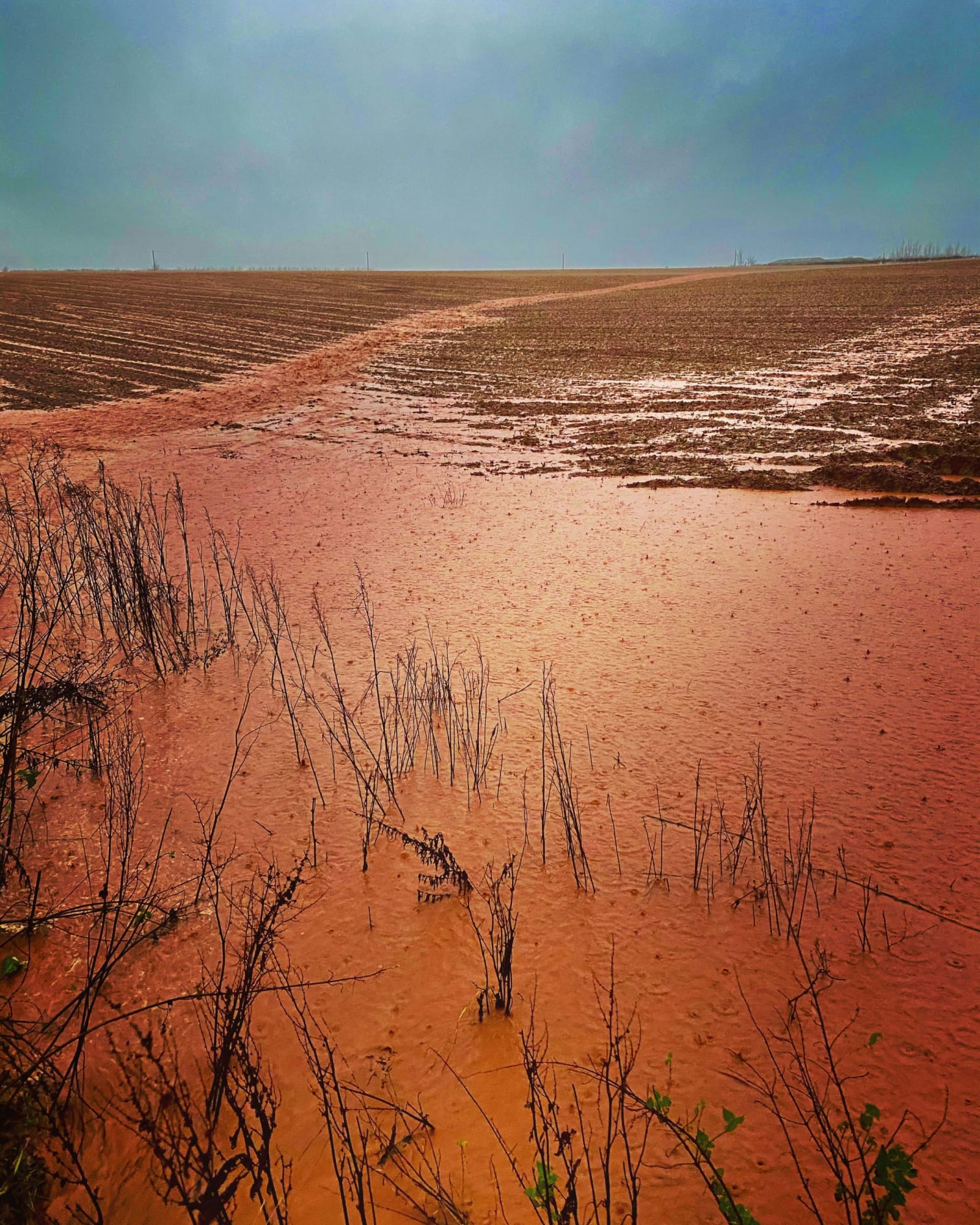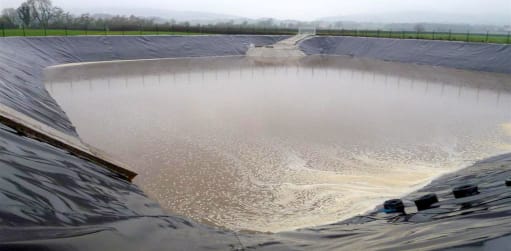Thursday 18th March, 2021
In what was predicted to be a tight call, the Senedd earlier this month voted by a narrow margin (30 to 27) not to annul Welsh Government’s plans to introduce new “Control of Agricultural Pollution Regulations” across Wales from the start of April this year.
The new regulations, announced at the end of January, are designed to reduce environmental damage (especially to water) by placing restrictions on activities such as manure spreading and the application of fertilizers. They are similar to the restrictions within Nitrate Vulnerable Zones (NVZs), which cover a significant proportion of the river Wye in Herefordshire.
These tighter rules for Welsh farmers come after four years of unsuccessful efforts by Welsh Government to reduce water pollution through voluntary measures.
“Too many rivers are currently polluted by agricultural activities from acute incidents of point source discharges to water and the cumulative effect of diffuse pollution.”
Lesley Griffiths SM, Minister for Environment, Energy and Rural Affairs, 27th January 2021
Despite Welsh Government offering farmers time and grant funding to adapt, the new regulations have been met with dismay by agricultural lobby, who pushed hard for the annulment and who are now issuing a challenge via the courts. While we wait for that to take its course, praise must go to the Minister for her determination to drive through measures to improve water quality and the wider environment in Wales in the face of this vehement opposition.

Neither are NVZs the silver bullet for pollution from agriculture and many of the problems facing our own two rivers will not be solved by their introduction. In Herefordshire, where they have been in place since 2008, problems associated with soil loss and excessive phosphate entering the Wye still exist. The changes announced in January might even be regarded as a missed opportunity by Welsh Government to bring in regulations that address a wider suite of pressures on the environment.
“Introducing NVZs will not necessarily guarantee an end to the pollution of Welsh rivers”
But any rules are, of course, worthless if they are not enforced and if the “Control of Agricultural Pollution Regulations” are to have any benefit to our environment, Natural Resources Wales need to have the funding and appetite to take effective action when they are breached.

The Green Recovery
If the regulations do go ahead, alongside will be what Welsh Government describes as “The Green Recovery.” Their vision is a change in society’s values and priorities to be more in tune with the environment as we come out of the Covid crisis. For Wales, this means enhancement of its natural assets so that they provide long-term services to society, such as improvement in people’s health and well-being, clean water, angling and other recreation.
While that sentiment is nothing new, how the Green Recovery will be financed in the longer term is more radical. While the Foundation’s primary objective of ecological improvements to rivers remains, the way in which such work is funded is changing. The UK leaving the EU means that many of the grants that were accessible by us and other environmental sector organisations to deliver our objectives are no longer available. Instead, we must find and develop new ways in which river restoration projects can be paid for.
One of these areas is private financing of “natural capital” projects. Thanks to recently awarded Heritage Lottery funding via Welsh Government, the Foundation is extending its capabilities and expertise in this area. As a result, we will find new opportunities that are emerging in the commercial and private finance world to support our work.
So, despite the seemingly constant stream of negative headlines, there are some reasons to be positive when considering the environment and aquatic ecology. There is still much work to be done but the hope is that regulations (and enforcement) coupled with the necessary support for farmers and the encouragement of their buyers will enable more food to be produced in ways that do not damage rivers.
